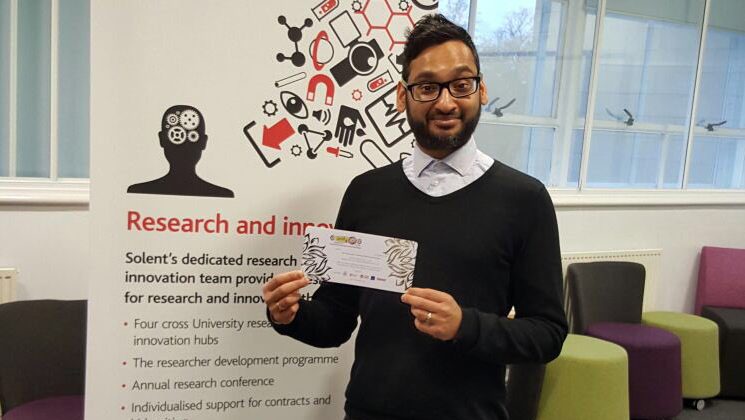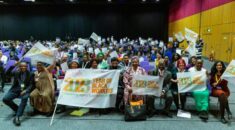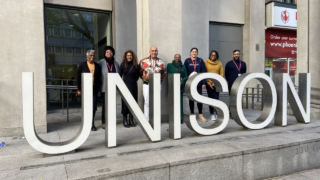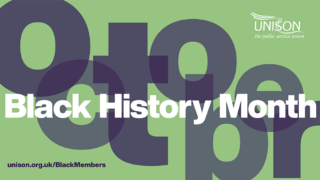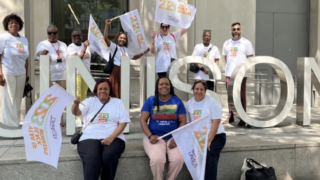My father migrated to the UK in the lates 1960’s and then my mother joined him in the early 70’s – a time when race relations in Britain was heavily dominated and influenced by the National Front (NF). They were founded in 1967 as a far-right, fascist political party who then reached the height of their electoral support during the mid-1970s, when it was briefly the UK’s fourth-largest party. Attracting members by capitalising on the rhetoric of the growing concern about South Asian migration to Britain, I can’t recall a time throughout the 80’s when The NF members, or people who shared their values, didn’t harass my family or household.
It would be a daily occurrence to wake up in the morning to find remains of eggs or dog poo on our windows, people urinating through our letter box, or throwing fireworks. In tandem to this, every time my family would leave the house to walk to school or to go shopping, people walking past would spit at us, and shout out the ‘P’ word, or tell us to “go back to your own country!”
I recall an early incident (I must’ve been 5 or 6) when my two older brothers and I went to the park with a family member to be confronted by a group of skinheads who immediately became hostile towards us and attacked my family member. One of the consequences of this incident is still a feeling of anxiety when being approached by anyone who is white and has a skinhead, and to this day I cross the road to avoid any potential conflict from arising.
I recall my parents trying their best to comfort my brothers and me by reinforcing the message that we are so lucky and should always be grateful to live in this Great British country.
I would like to say that these were all isolated incidents but sadly that wasn’t the case. Racist abuse and microaggressions used to come daily from all types of people: on buses, from workmen, teachers at school, college and university, even my own friends, and their parents. I was left without access to any meaningful support and felt alone to navigate my struggles and worries by myself.
All these incidents negatively impacted my mental health, including feelings of isolation and not belonging in this country where I was born. Sadly, my late parents were also too afraid to report these incidents to the police because they had no faith in the justice system. I never had the support I needed to help or guide me through these challenges in my formative years, so I simply kept myself hidden as much as possible.
The solution
As dramatic as this may sound, my life changed when I joined UNISON in 2018.

I started getting involved with the South East Region Black Members Committee (SERBMC) where I have met like-minded brothers and sisters who share the same reflections and accounts of systemic and institutional racism. For the first time I had a sense of belonging, safety, and security. I’ve met people who are willing to help and support me whenever needed, which felt so empowering.
Another highlight of being involved with the SERBMC is attending the annual National Black Members Conference where I have met Black members from across the UK. Conference is always an overwhelming experience. Not only have I felt valued and accepted by everyone I’ve met, but for one weekend every year I don’t have to feel like a minority but can stand together in solidarity with so many people who share my experience (not to mention distaste for the Conservative Party).
I got active in UNISON and engaged with the training to become a steward, branch equality officer, and Black members officer. I was able to attend strategic management meetings at my employer. I gained access to more training courses including on employment rights and equalities, which has given me the ability and confidence to positively use my voice and words to call out racism and all forms of prejudice and discrimination in the workplace and community.
Some Context
Did you know that the British Nationality Act 1948 made it legal for members of Commonwealth nations the right to enter, work and reside within the UK. This was one solution to address the severe labour shortages due to the impact of the causalities and lives lost during the World War II. The Act gave Commonwealth citizens entry to Britain, which saw the arrival of the SS Empire Windrush from Jamaica in June that year to mark the symbolic start of the post-war immigration boom.
Migration to the UK continued throughout the 1950s, which saw individuals coming from South Asia (predominantly India and Pakistan), not just for short-term work, but to settle permanently and become British citizens and to rebuild the country from the destruction caused by the war.
Although the ‘immigration’ strategy deployed was seen as a positive opportunity, which has continued and widened ever since, resulting in a culturally diverse and rich Britain today but sadly the treatment of its newly welcomed residents was something less desirable and continues to plague our society today.
Although, there are too many incidents to list examples to demonstrate the true realities encounters experienced by Black Members includes, but not limited to, the following:
- The Bristol Bus Boycott of 1963
- The Murder of 13-year-old Schoolboy Ahmed Iqbal Ullah in 1986
- Racism was Rife in 1980s Britain – I used to wish I was white and scrub my skin
- The Murder of Stephen Lawrence in 1993
- University of Southampton lecturer ‘beaten up in racist attack’ in 2021
- “We are British too”: Racism against Asian and Black Communities in Britain

